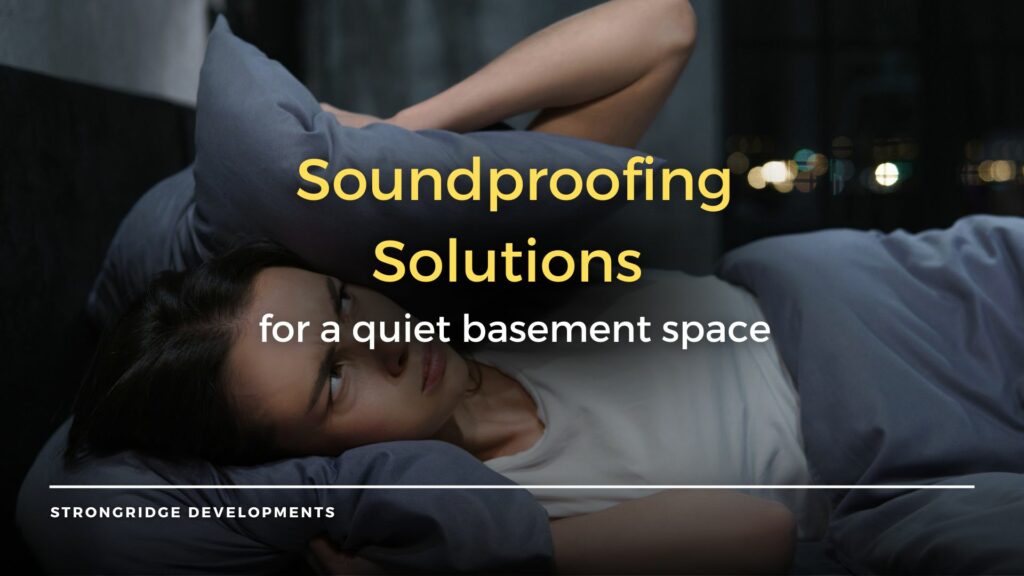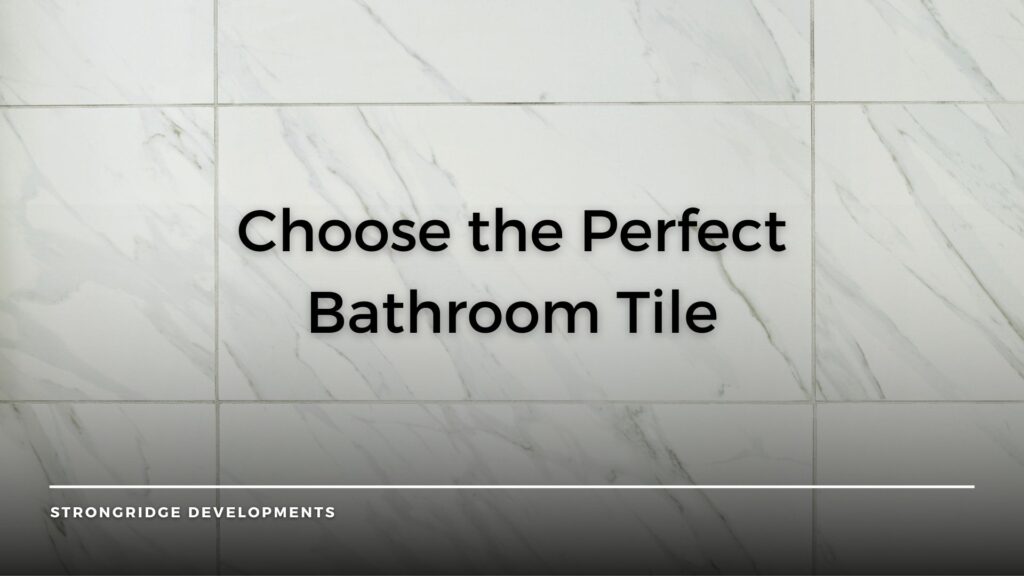Creating a quiet and peaceful basement space can be a challenging task, particularly if you plan to use the area for activities that require minimal noise interference. Whether you are setting up a home theater, a music studio, or simply a quiet retreat, soundproofing your basement is essential. This guide explores effective soundproofing solutions, including the best soundproofing materials, techniques for sound dampening, and the installation of soundproof walls and windows. Let’s delve into the methods that can help you achieve a serene basement environment.
Understanding Basement Soundproofing
Soundproofing is the process of blocking or reducing the transmission of sound from one area to another. This can be achieved through various methods and materials designed to absorb, dampen, or block sound waves. Effective soundproofing often involves a combination of techniques to address different types of noise, such as airborne noise (voices, music) and impact noise (footsteps, vibrations).

Key Soundproofing Materials
Choosing the right soundproofing materials is crucial for achieving optimal noise reduction. Here are some of the most effective materials used in soundproofing
Acoustic Panels
Acoustic panels are designed to absorb sound waves and reduce echo within a space. They are often made from foam or fiberglass and can be mounted on walls or ceilings. Acoustic panels are particularly effective in reducing airborne noise and improving sound quality within a room.
Mass Loaded Vinyl (MLV)
Mass Loaded Vinyl is a dense, flexible material that acts as a sound barrier. It is commonly used in walls, ceilings, and floors to block sound transmission. MLV is effective against both airborne and impact noise and can be installed behind drywall or under flooring.
Soundproof Drywall
Soundproof drywall, also known as acoustic drywall, is specifically designed to reduce noise transmission. It is composed of multiple layers of gypsum and other materials that enhance its soundproofing capabilities. This type of drywall can be used in place of standard drywall to create soundproof walls.
Green Glue
Green Glue is a viscoelastic compound that is applied between layers of drywall to enhance soundproofing. It works by converting sound energy into heat, which dissipates and reduces noise. Green Glue is an excellent addition to any soundproofing project, particularly for walls and ceilings.
Acoustic Insulation
Acoustic insulation is used within walls, ceilings, and floors to absorb sound and reduce noise transmission. Materials such as fiberglass, mineral wool, and cellulose are commonly used for this purpose. Acoustic insulation is essential for creating a comprehensive soundproofing solution.

Techniques for Sound Dampening
Sound dampening involves reducing the intensity of sound within a space. Here are some effective techniques for sound dampening in your basement:
Installing Carpets and Rugs
Hard surfaces like concrete and tile can reflect sound waves, leading to increased noise levels. Installing carpets and rugs can help absorb sound and reduce echo, making the space quieter. Additionally, using carpet padding can further enhance sound dampening.
Adding Soft Furnishings
Soft furnishings such as curtains, cushions, and upholstered furniture can contribute to sound dampening by absorbing sound waves. These items help create a more acoustically friendly environment and reduce noise levels.
Sealing Gaps and Cracks
Acoustic insulation is used within walls, ceilings, and floors to absorb sound and reduce noise transmission. Materials such as fiberglass, mineral wool, and cellulose are commonly used for this purpose. Acoustic insulation is essential for creating a comprehensive soundproofing solution.

Soundproof Walls and Ceilings
Creating soundproof walls and ceilings is essential for blocking noise transmission between rooms and floors. Here are some steps to achieve soundproof walls and ceilings:
Decoupling
Decoupling involves separating the layers of a wall or ceiling to prevent sound vibrations from passing through. This can be achieved using resilient channels or sound isolation clips, which create a gap between the drywall and the framing. Decoupling is highly effective in reducing impact noise.
Double Drywall
Installing a second layer of drywall with Green Glue in between can significantly enhance soundproofing. The additional mass and the damping effect of Green Glue help block sound transmission and reduce noise levels.
Acoustic Insulation
Incorporating acoustic insulation within walls and ceilings is crucial for absorbing sound and preventing noise from traveling between rooms. Ensure that the insulation is installed properly to maximize its soundproofing benefits.

Soundproof Windows and Doors
Windows and doors are common weak points in soundproofing. Upgrading these elements can make a significant difference in noise reduction:
Soundproof Windows
Soundproof windows are designed with multiple layers of glass and air gaps to block sound transmission. Installing soundproof windows can effectively reduce external noise, making your basement quieter. If replacing windows is not an option, consider using window inserts or heavy curtains to enhance soundproofing.
Solid Core Doors
Standard hollow-core doors do little to block sound. Replacing them with solid core doors can significantly improve soundproofing. Additionally, installing door sweeps and weatherstripping around the door frame can seal gaps and prevent sound leakage.

Quiet Basement Solutions
Windows and doors are common weak points in soundproofing. Upgrading these elements can make a significant difference in noise reduction:
Soundproof Curtains
Soundproof curtains are made from dense, heavy materials that block sound waves. They can be used over windows and doors to enhance soundproofing and reduce noise levels. Soundproof curtains are an easy and cost-effective solution for improving the acoustics of your basement.
Basement Soundproofing Services
For comprehensive and effective soundproofing, consider hiring professional soundproofing services. Experts in basement development in Calgary can assess your specific needs and recommend the best soundproofing solutions for your space. Professional installation ensures that materials are applied correctly and that your basement achieves the desired level of noise reduction.

Basement Renovation in Calgary
Soundproofing your basement is a worthwhile investment that can transform the space into a quiet and peaceful retreat. By using the right soundproofing materials, employing effective techniques, and addressing weak points such as windows and doors, you can achieve significant noise reduction. Whether you choose to tackle the project yourself or hire professional soundproofing services, the result will be a basement environment that is conducive to relaxation, productivity, or entertainment.
Implementing these soundproofing solutions will not only enhance the functionality of your basement but also increase the overall comfort and value of your home.







